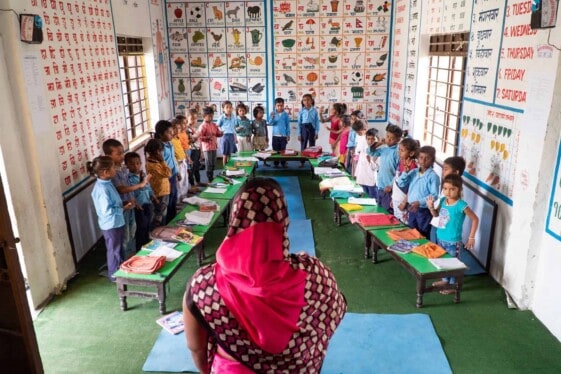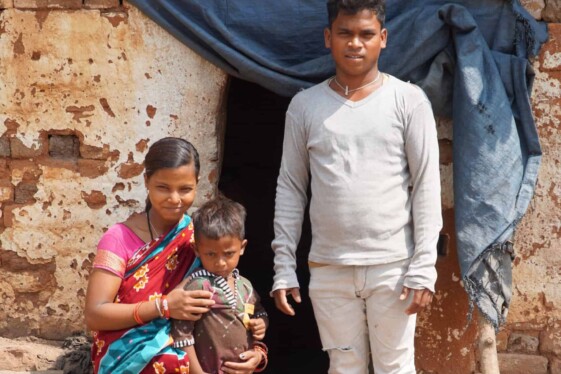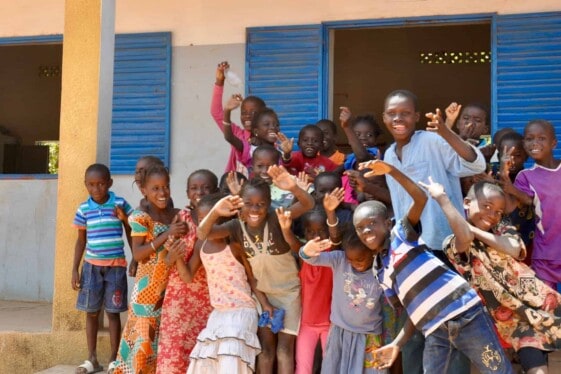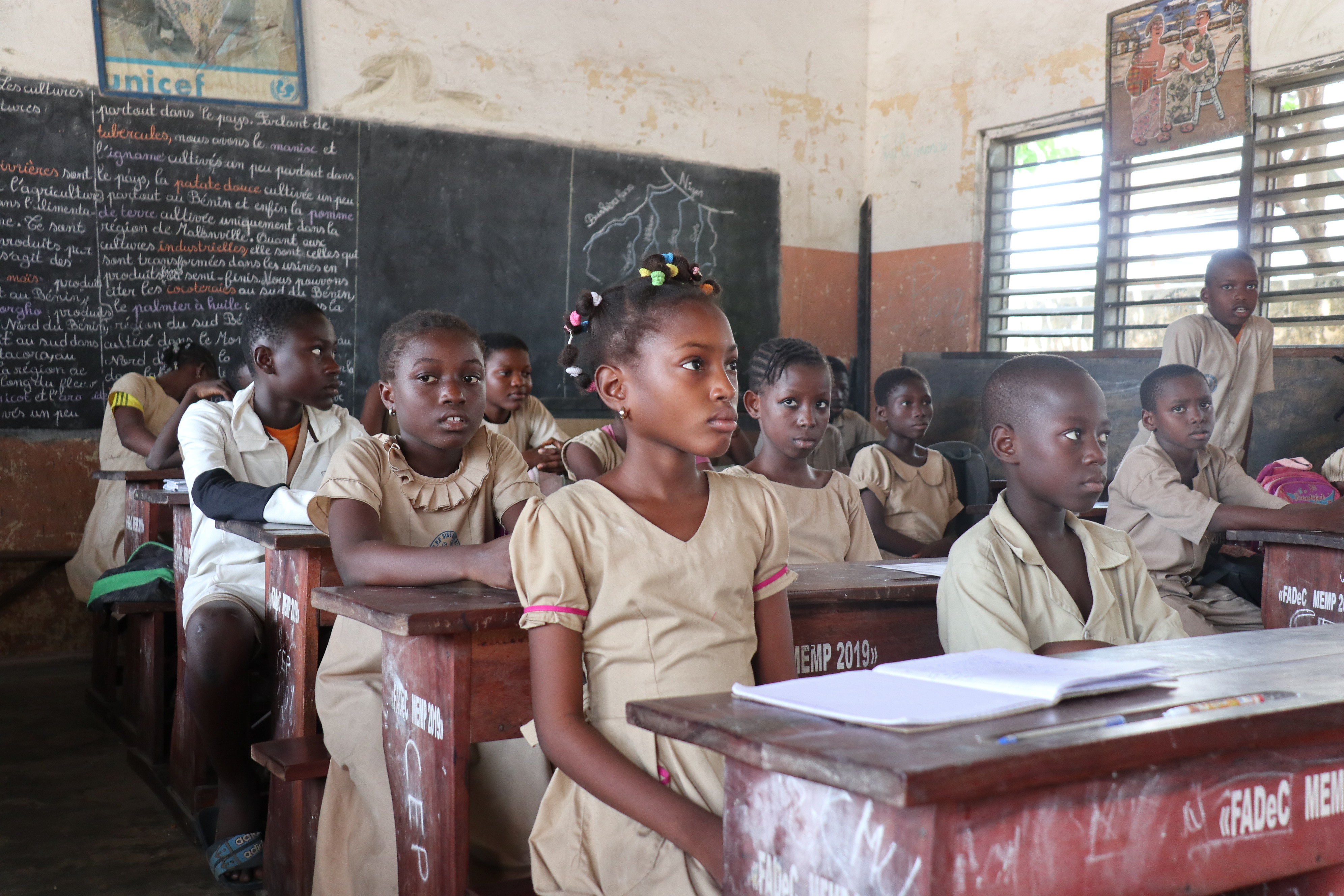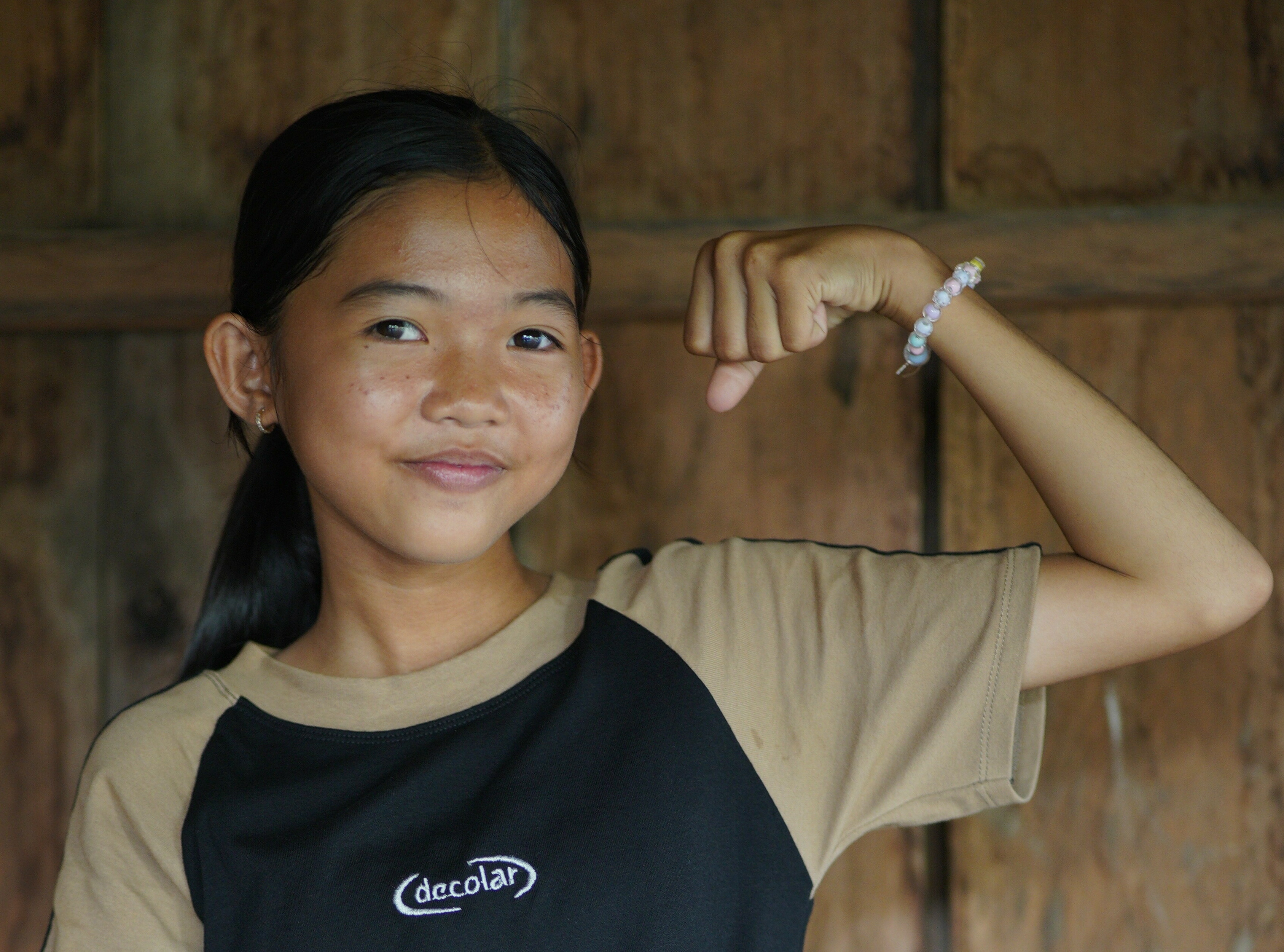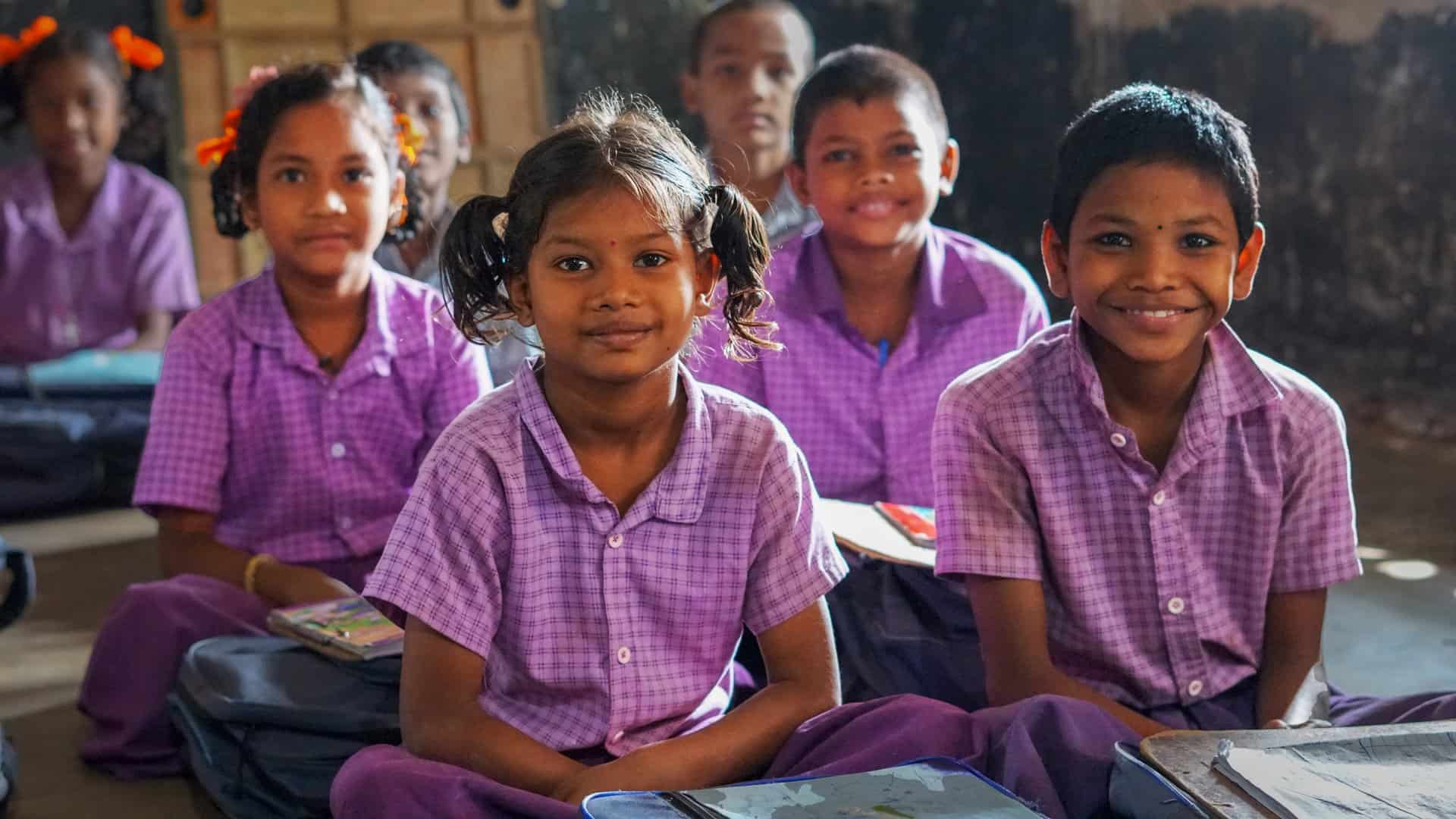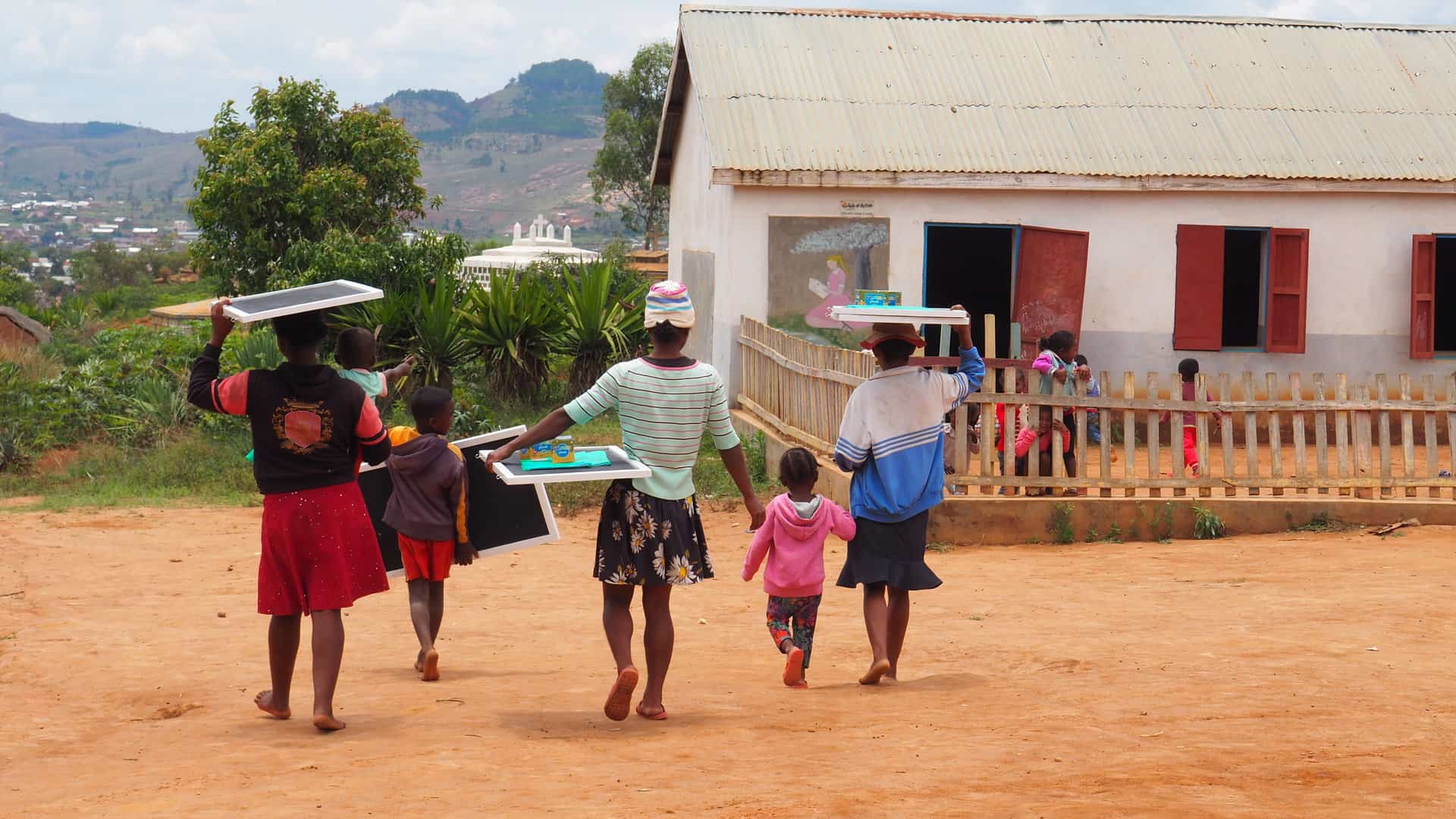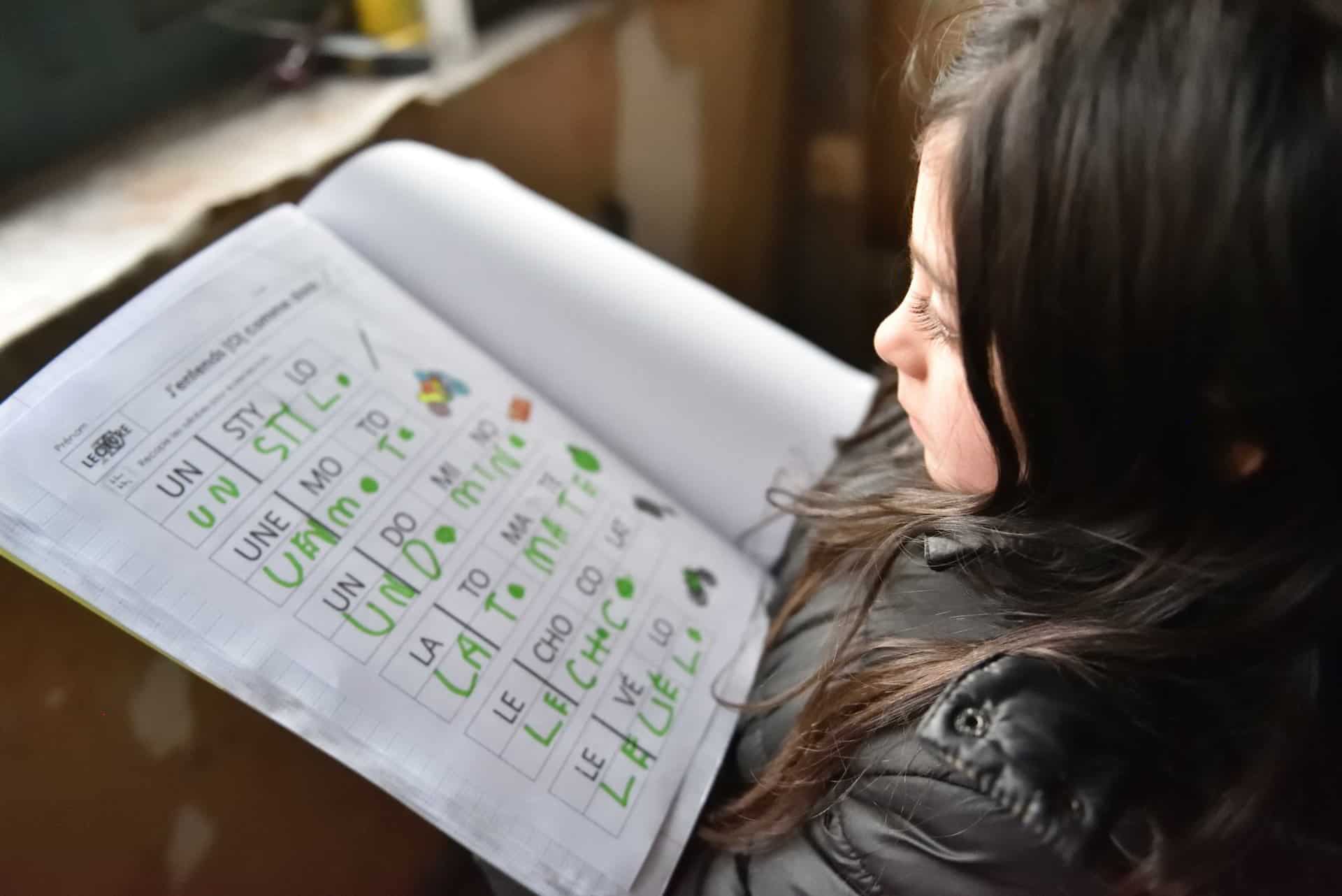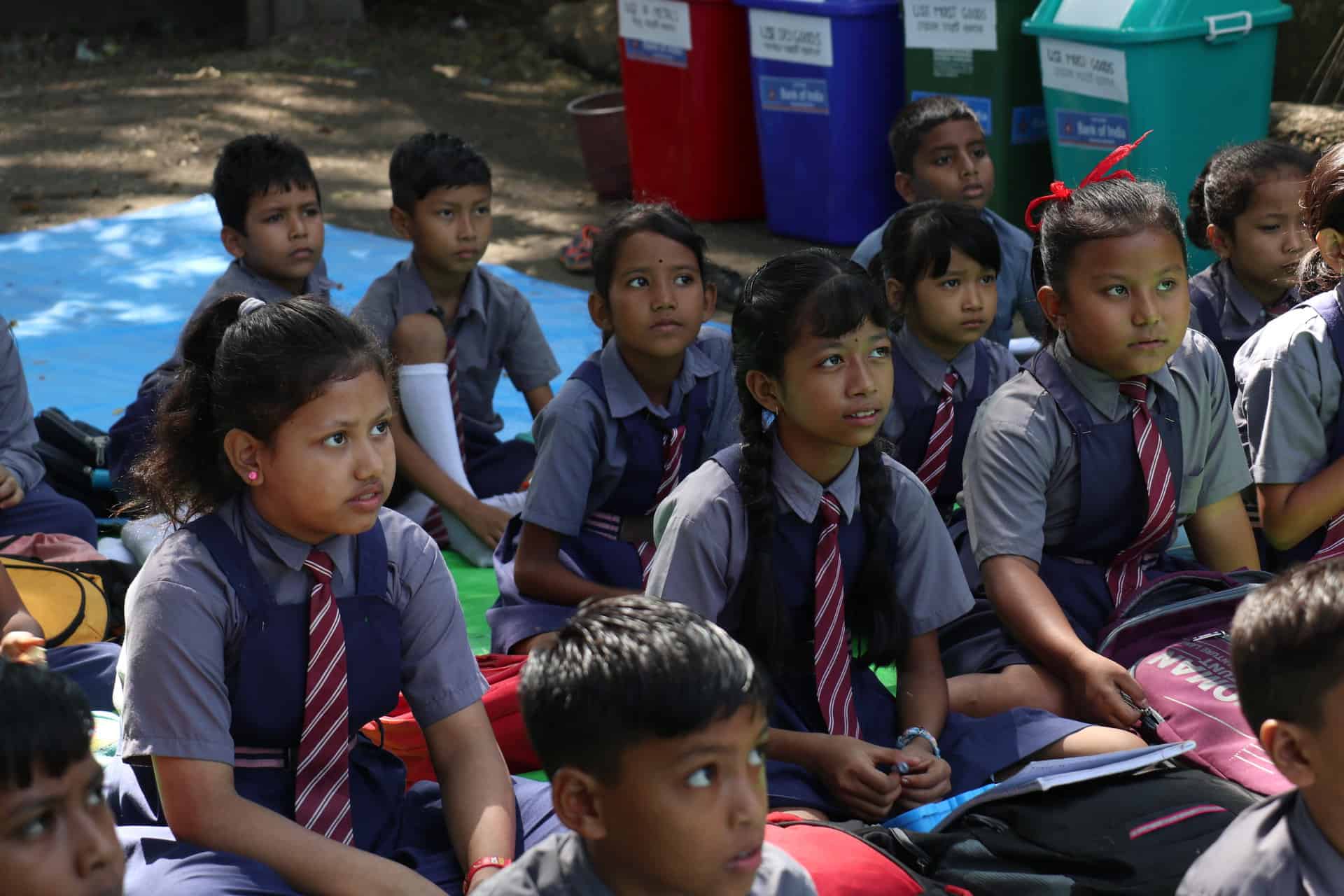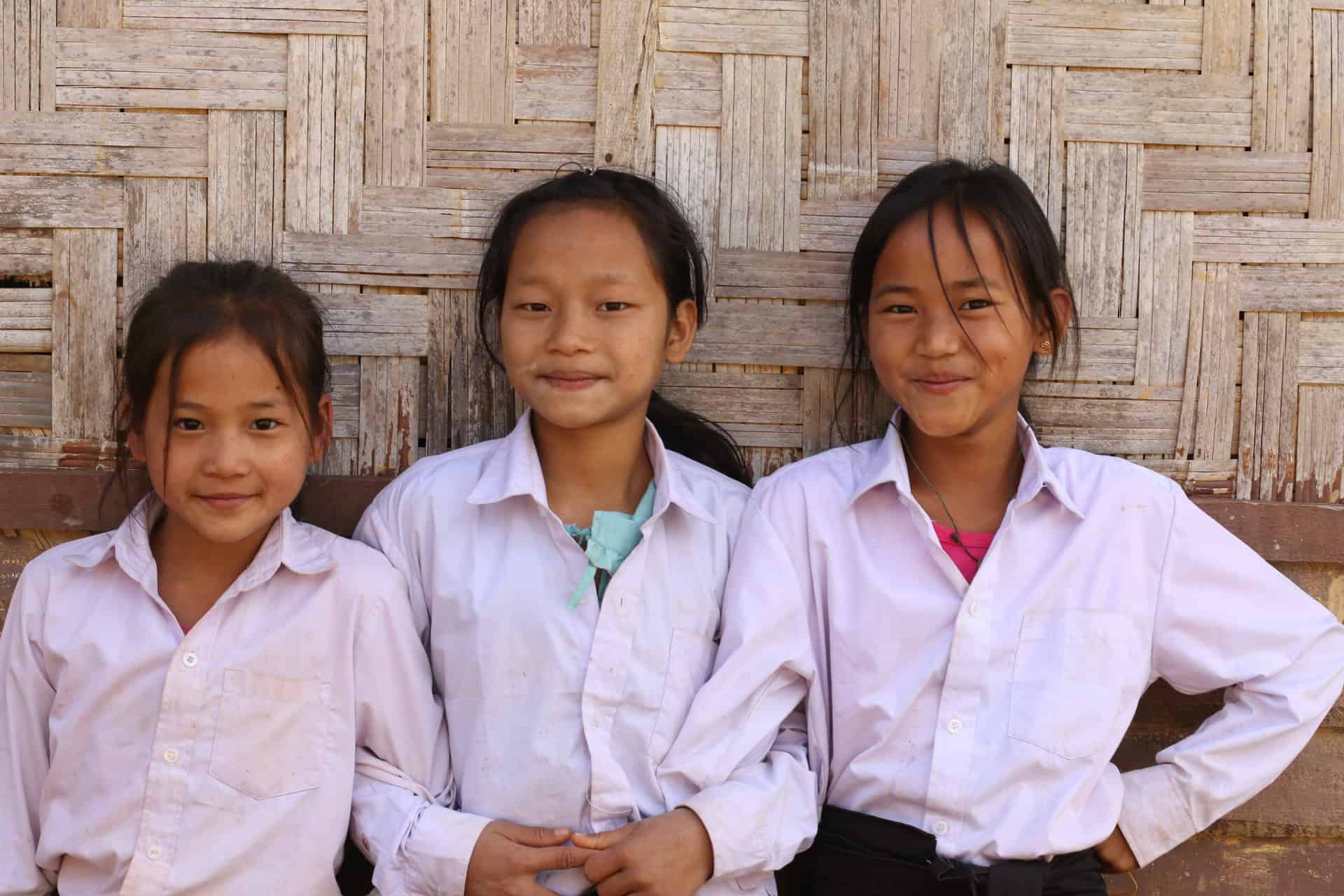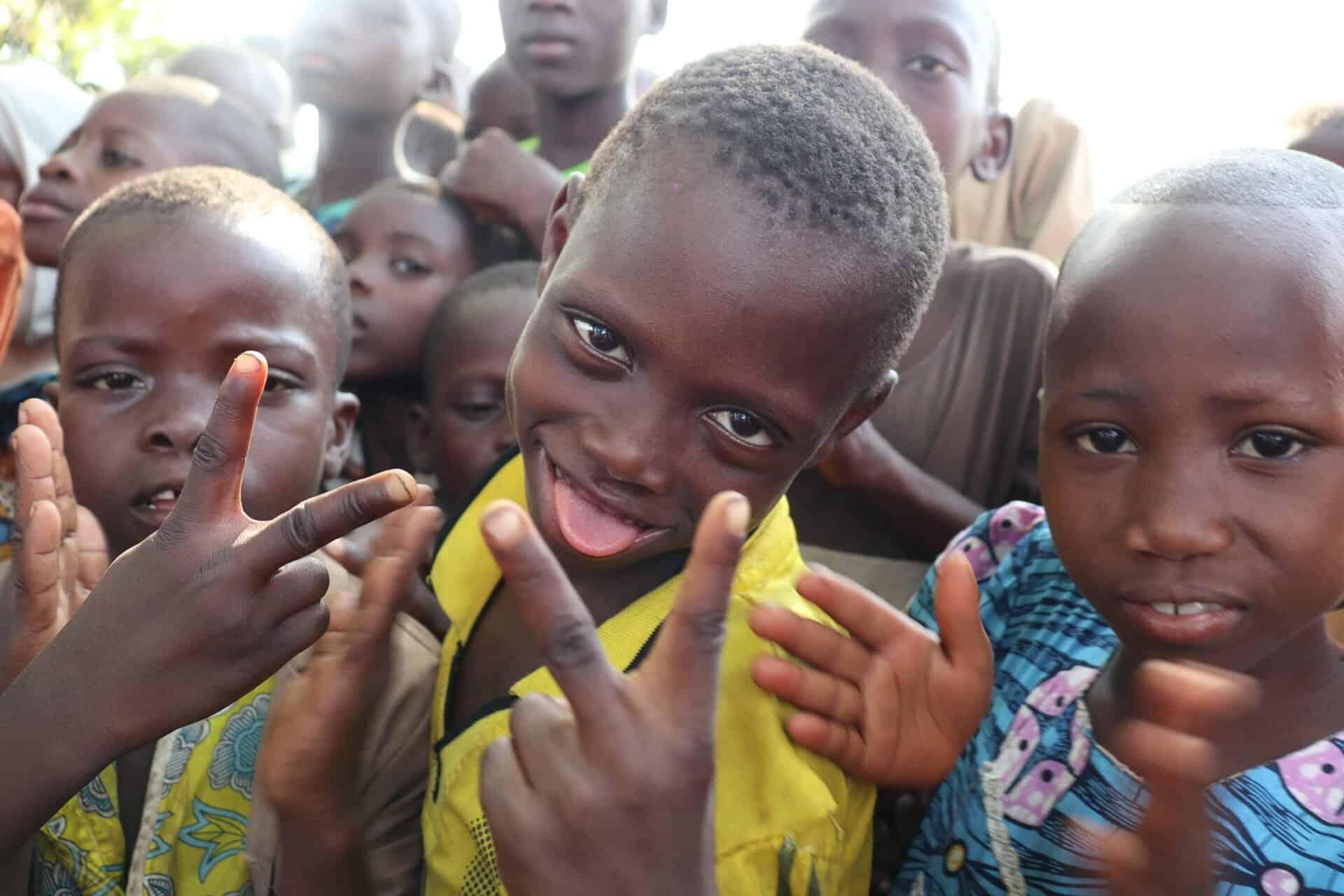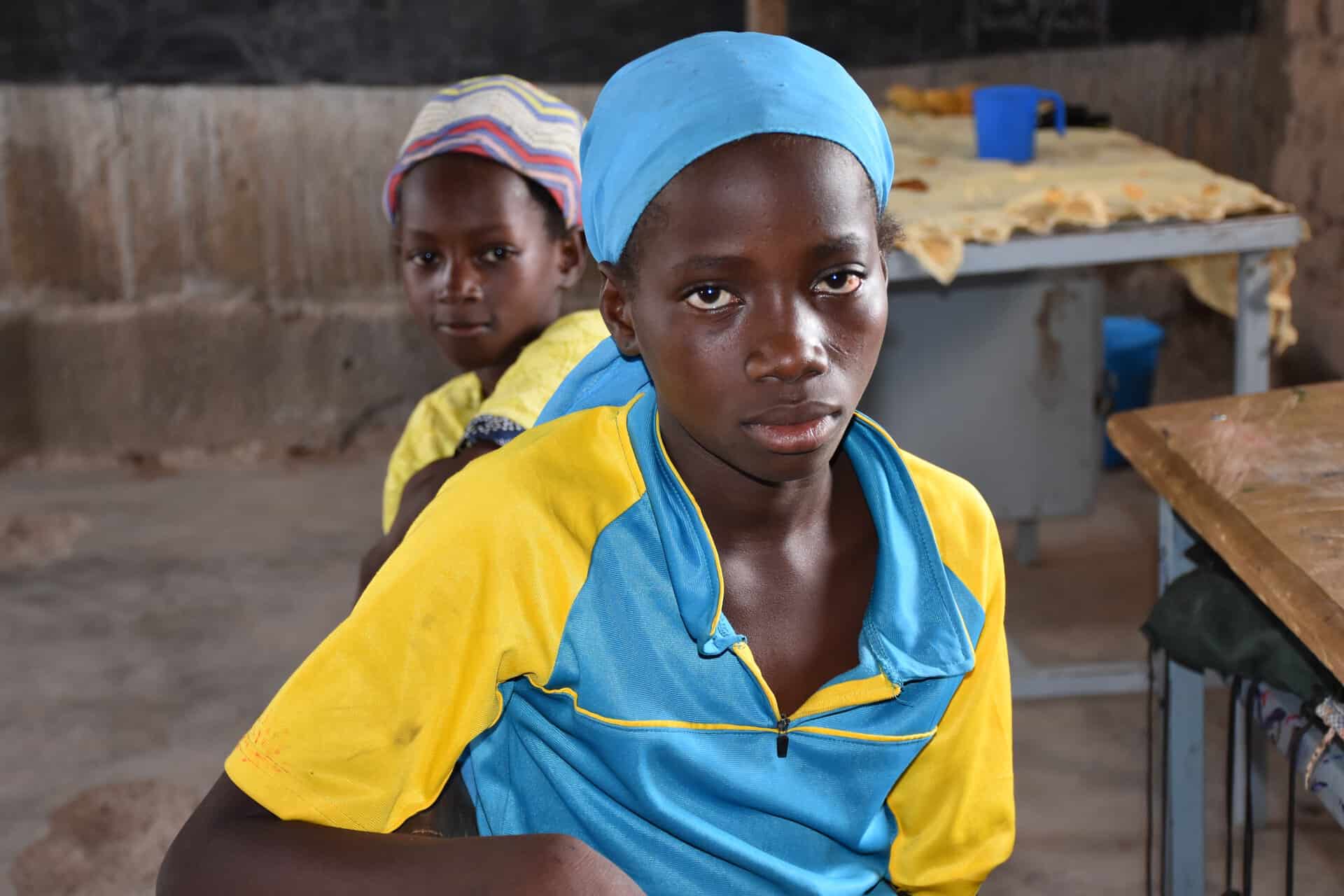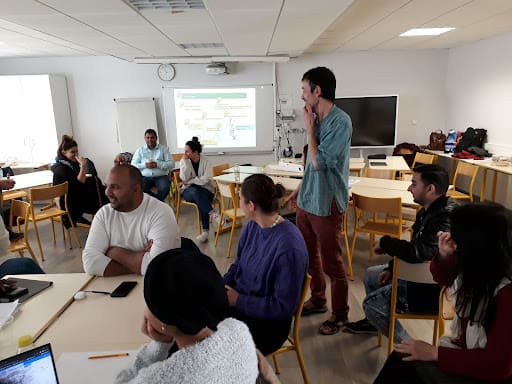Access and quality of education

Why is the fight for access to quality education for all essential? Without education, no social, health, economic and political progress is possible. Investing in education is therefore essential for the future of the world.
Although the number of children excluded from education has been halved since 2000, access to quality education, is still far from being achieved.
This is why, for more than 40 years, Action Education has been working in the field to promote access to quality education for all, mainly for vulnerable and marginalised populations.
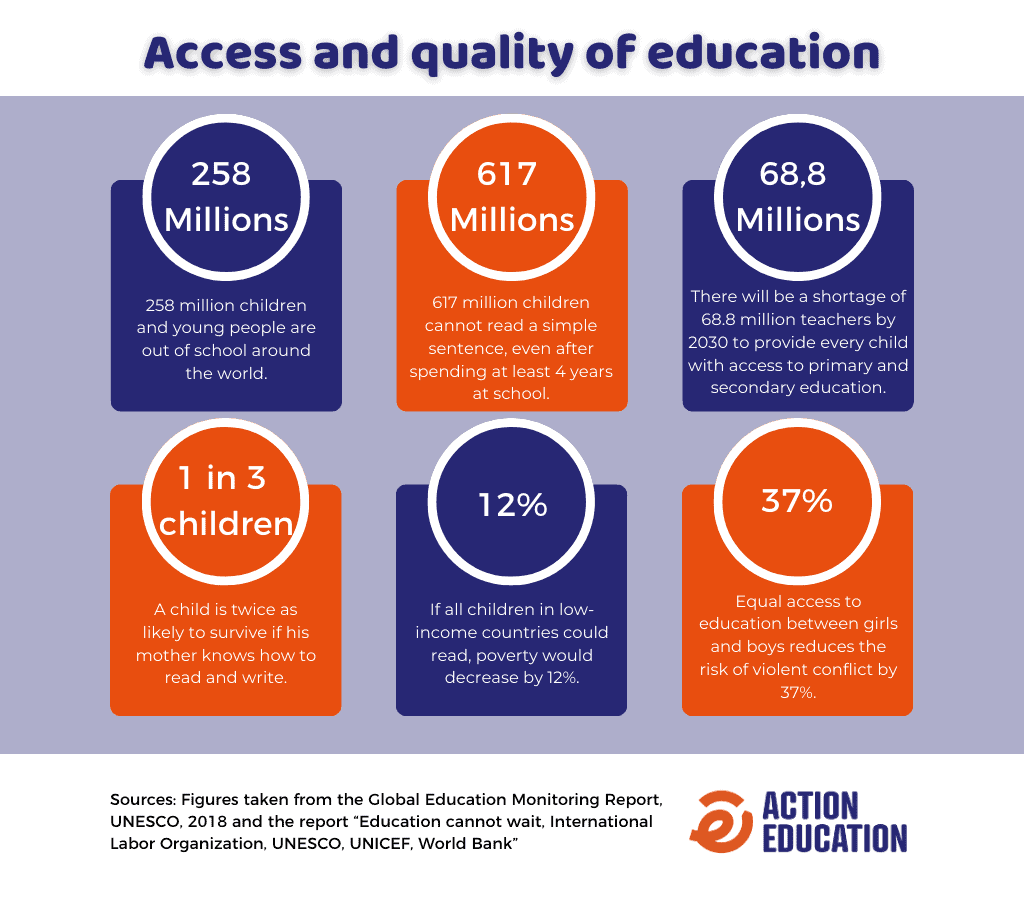
Millions of children excluded from the education system
258 million children and young people worldwide are not in school.
For those who do go to school, the education provided is such that it does not enable them to acquire basic skills. 617 million children today cannot read a simple sentence, even for those (64 %) who have spent at least 4 years in school (Global Education Monitoring Report, UNESCO, 2018).
Teachers have little or no training and work in very difficult conditions, without adequate resources and in classes that are often overcrowded, sometimes with up to 100 children per class. According to UNESCO, there will be a global shortage of 68.8 million teachers by 2030 to provide every child with access to primary and secondary education.
The education figures worldwide are alarming. We need to take action to build quality education or, better still, to ensure that governments guarantee education for all. quality education for allon an equal footing.
The immediate benefits of quality education
Building inclusive free education, with qualified teachers and educational content, is key to achieving the right to education for all.
Access to quality education enables, among other things
- reduce the number of school dropouts
- Reduces differences in levels between students through quality education
- eliminate discriminatory learning gaps between individuals through inclusive education
- to provide everyone with the skills needed for everyday life, for professional success, but also for individual fulfilment
Access and quality of education in figures
Access to quality education has extraordinary benefits on a small and large scale.
- A child under the age of 5 is twice as likely to survive if the mother knows reading and writing1
- If all children in low-income countries could read, poverty would decrease by 12%2.
- An extra year of school can increase men's income by at least 10% and women's income by at least 20%3.
- Equal access to education between girls and boys reduces the risk of violent conflict by 37%4.
Education is therefore the most powerful asset to cause significant improvements in health, stimulate economic growth and encourage the development of companies more resilient and sustainable.
1, 2, 3 and 4: Figures from the report "Education cannot wait, International Labour Organization, UNESCO, UNICEF, World Bank".
How does Action Education promote quality education?
For Action Education, education is the golden thread of development. Without quality, inclusive and equitable education, countries will not break the cycle of poverty. Making the right to education for all is therefore an absolute emergency.
Convinced of the importance of free, inclusive education with qualified teachers and appropriate pedagogical content, Action Education develops projects to convince communities of the importance of quality education accessible to all.
The association's education projects to improve school management and environment, teacher training and educational content. All of our actions contribute to increasing school attendance, improving student results and performance and reduce the number of school dropouts.
Help us change the world and give everyone a chance to access to quality education.


